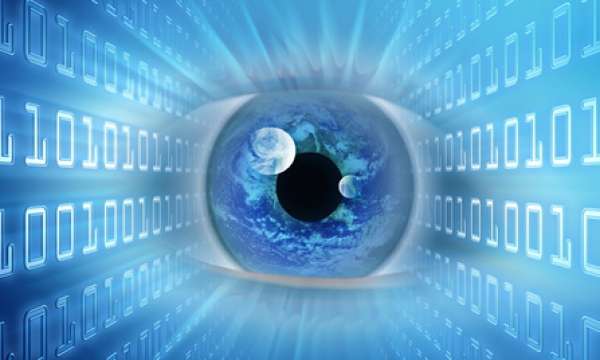Much has been written about the digital age and the menial tasks it is supposed to save us from, and about its enslavement of people, an Orwellian world in which we are watched and controlled 24/7.
Regular viewers and readers will know that the world is becoming more real by the day, and according to the mainstream media, organizations like Microsoft and Google are pushing us ever closer to the edge of no return.
The latest claim from Google and Microsoft is that their new program, “Far Out,” can predict your future movements by monitoring your current movements with GPS. Such claims are truly “outlandish” because we are discussing tweaks to technology that could monitor us on a daily basis.
What purpose or benefit does this kind of technology serve for ordinary people? What benefit is there for us to know what we may or may not be doing in a few years' time? Nothing. But for governments and corporations, there are many, many benefits to be gained from such technology.
Governments have the ability to track people's movements, and in the areas of thoughtcrime and crime prevention, it even paves the way for future technologies that would allow government officials to predict people's movements and behaviors. Such technologies may not be entirely accurate in their assumptions, but they will be eagerly awaited by correctional and penal services and revenue collection agencies.
Companies could predict our behavior and not only know when and where to place their products to motivate us to buy, but they could also use these technologies to steer us in the direction they want us to go. Add to this the advent of self-driving cars and a cashless society, and we enter a world where cars can be frozen at the touch of a button, bank accounts can be frozen if users disagree with or refuse to conform to the opinions of an elite few, or even for actions they haven't taken yet, if such technologies are used.
This is not to suggest that this kind of technology is a threat to us as individuals. Under the right circumstances, technology that can monitor or predict our movements, transport us, or manage our transactions digitally can be extremely beneficial, and absolutely fine when led by people we can trust. The problem is that we do not live in a world governed by people we can trust.


